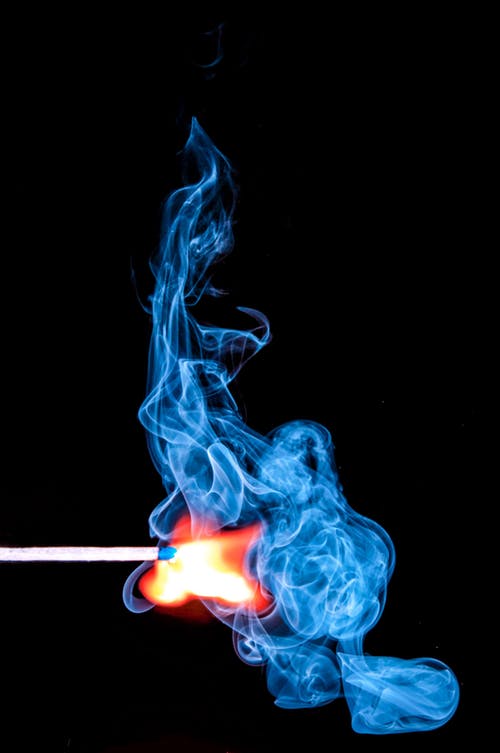Posted: Aug 23, 2019

Question:
When you use alcohol in cooking a dish, how long does it take for alcohol to burn off? Is the time the same for all forms of alcohol?
I baked a rum cake. 1/2 cup of rum went into the batter then was baked for 1 hour. glaze was put on top using 1/2 cup rum, 1/4 water, and 1 cup sugar. Will the cake have active alcohol presents or does cooking the rum take out the alcohol leaving only the rum flavor?
When using alcohol in a recipe, for example a sauce, how long does it take or how can you be sure that you have cooked off all the alcohol and are only leaving the flavor of the alcohol behind without any actual alcohol. I made a sauce for chicken last night, which had wine in it, and today I suspect that perhaps I did not cook off all the wine in the sauce. I did not drink any alcohol last night, so that was the only source of alcohol if I have any in my system today. I don’t feel like I have a hangover, but I am extremely tired, as if I had been drinking. Any guidelines for working with alcohol and how long to cook something to ensure that all the alcohol cooks off?
Answer:
The conventional wisdom accepted by just about everyone in the food world is that all the alcohol you add to a dish evaporates or dissipates during cooking. It is wrong. In fact, you have to cook something for a good 3 hours to eradicate all traces of alcohol. Some cooking methods are less effective at removing alcohol than just letting it stand out uncovered overnight. (see chart below)
Chefs and cooks can not assume that when they simmer, bake, or torch (flambé to the more sophisticated cook) with alcohol that only the flavor remains when they are ready to serve.
A study conducted several years ago showed that alcohol remained in several recipes after the preparation was complete. In the study, a pot roast was simmered with burgundy for 2 1/2 hours; a chicken dish was simmered for only 10 minutes after the burgundy was added; scalloped oysters made with dry sherry baked for 25 minutes; and cherries jubilee was doused with brandy, then ignited. The results showed that anywhere from 4 to 78 percent of the initial amount of alcohol remained when the dishes were done. The study’s authors concluded that cooking will result in the removal of some, but not all, of the alcohol.
Important: The fact that some of the alcohol remains could be of significant concern to recovering alcoholics, parents, and others who have ethical or religious reasons for avoiding alcohol.
In the same study, the extent of alcohol loss depended on a couple factors:
First – how severe the heat was when applied in the cooking process;
Second – the pot’s surface area. The bigger the pan, the more surface area, the more alcohol that evaporates during cooking.
James Peterson, a cookbook writer who studied chemistry at the University of California at Berkeley, stated in his encyclopedic cookbook called Sauces:
You need to cook a sauce for at least 20 to 30 seconds after adding wine to it to allow the alcohol to evaporate. Since alcohol evaporates at 172°F (78°C), any sauce or stew that is simmering or boiling is certainly hot enough to evaporate the alcohol.
Source: Whascookingamerica.net
Go-Wine's mission is to organize food and beverage information and make it universally accessible and beneficial. These are the benefits of sharing your article in Go-Wine.com


The Wine Thief Bistro & Specialty Wines is a locally owned small business in downtown Frankfort, IL offering world class wines in a relaxed, casual gathering spot for friends and family. Offering world class virtual tastings and touchless carryout.
https://www.twtwineclub.com/aboutus
Go-Wine 25 Great Wineries in US selection prioritizes quality, value and availability.
www.go-wine.com/great-wineries-in-america
Tasting wine is a nice experience, but visiting the places in which wine is made is a magic moment. Available in New York City for touchless pickup.